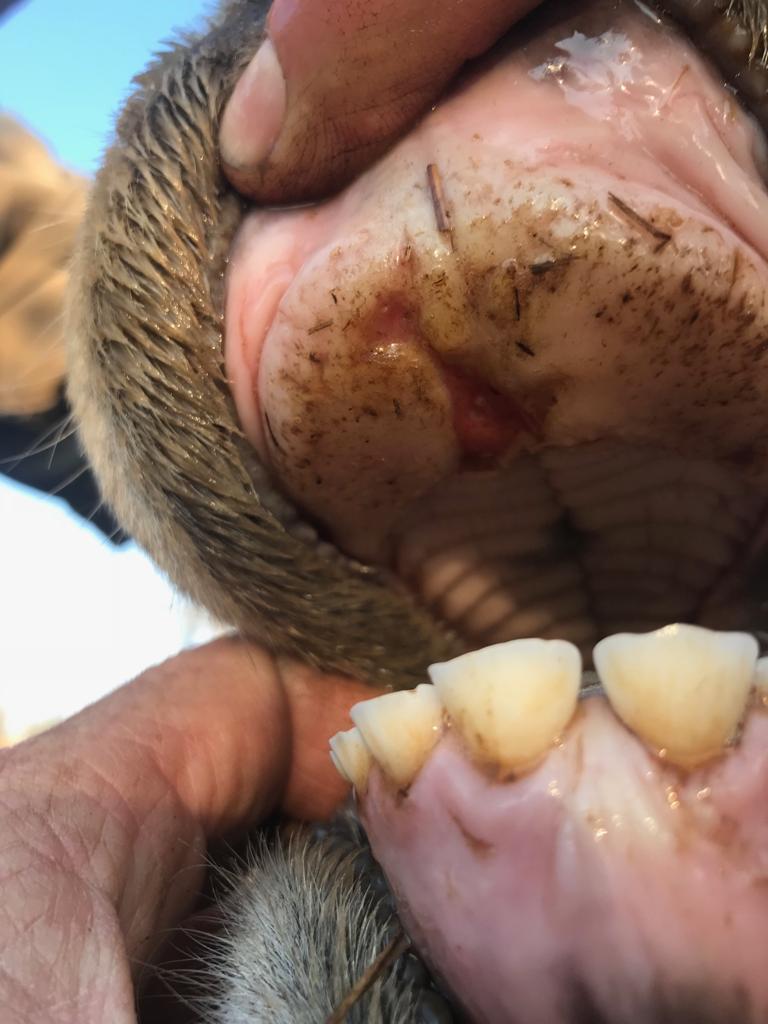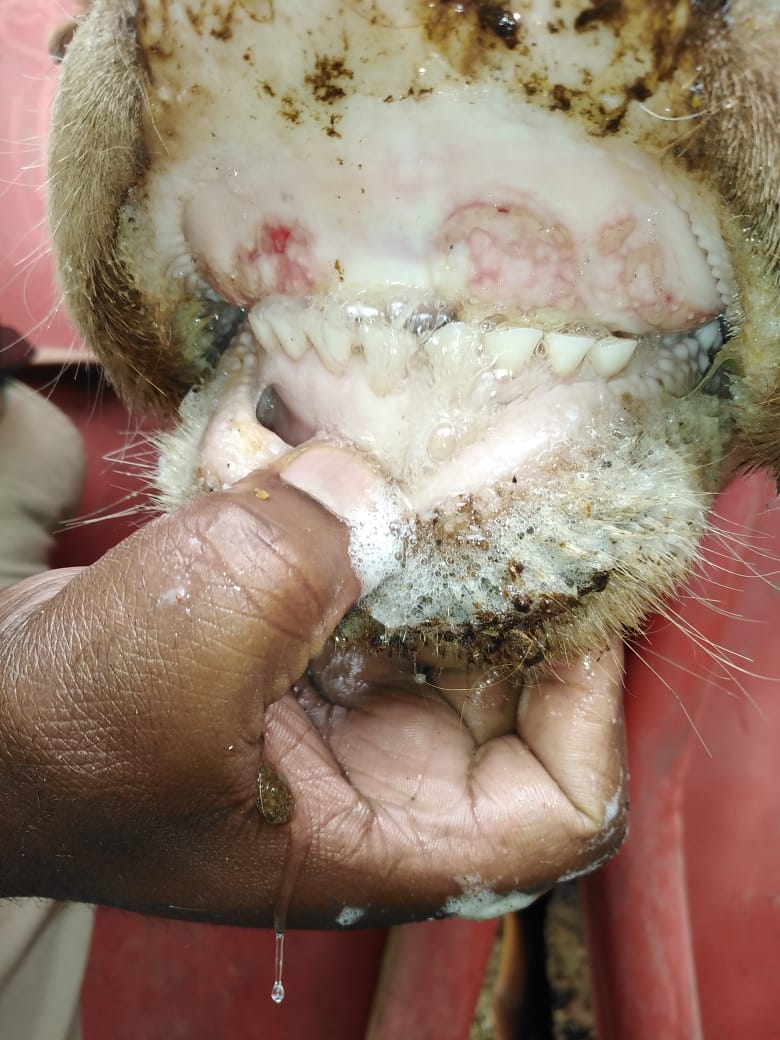Western Cape farmers urged to remain alert following foot-and-mouth disease outbreaks in KwaZulu-Natal, Mpumalanga and Gauteng
Livestock farmers in the Western Cape are being urged to remain alert and exercise caution following new outbreaks of foot-and-mouth disease (FMD) reported in Newcastle and Bergville, KwaZulu-Natal, which have also spread to Mpumalanga and Gauteng, via auctions. These cases were confirmed by the National Department of Agriculture in recent months. The incidents serve as a reminder of how swiftly the disease can spread, particularly through the movement of animals.
Although the 2024 outbreaks in the Eastern Cape are currently under control, and the process of lifting movement restrictions in the area has begun, Western Cape Veterinary Services is calling on all producers to remain vigilant. Farmers are strongly encouraged to observe the mandatory 28-day quarantine period when introducing new animals to their herds.
Foot-and-mouth disease is a highly contagious viral illness that affects cloven-hoofed animals, including cattle, sheep, goats and pigs. The virus, currently affecting cattle, causes painful mouth blisters, loss of appetite, and excessive drooling. It also results in ulcerated, inflamed skin around the hooves, which can lead to lameness. The incubation period of the disease is up to two weeks, during which animals may show no symptoms but can still transmit the virus to others. For this reason, no movement of animals should be considered risk-free without following the full 28-day isolation period.
The Western Cape remains free of foot-and-mouth disease, and all livestock owners are urged to keep it that way. Farmers are advised to only purchase animals from trusted sources and, where possible, avoid acquiring livestock from provinces where outbreaks have occurred. It is strongly recommended that each consignment of animals be accompanied by a veterinary certificate signed by the private vet that regularly visits and treats the herd. This certificate should confirm that the animals are clinically healthy. Once on the farm, these animals must be isolated for at least four weeks before they are introduced to the rest of the herd.
Buying animals at auctions is especially risky at this time and is discouraged. It’s also important to note that the disease can be spread through contaminated transport vehicles and animal feed. All vehicles used for transporting livestock must be properly cleaned and disinfected after unloading and before entering any property where animals are kept. Similarly, feed- particularly hay- should be sourced from reputable suppliers in disease-free areas.
By remaining alert and adhering to these biosecurity measures, we can work together to prevent foot-and-mouth disease from reaching the Western Cape and avoid the significant economic losses that could follow. We thank all farmers and industry partners who are already taking the necessary precautions to protect our province.
If there is any suspicion of FMD, or for any further enquiries, contact details for your local state veterinary offices are available at: https://rb.gy/tii7zw
Soundclip-English:
Soundclip-Afrikaans:
Soundclip-isiXhosa:


Media Enquiries
Mary James
Head of Communication
Cell: 084 817 2376
Email: Mary.James@westerncape.gov.za

